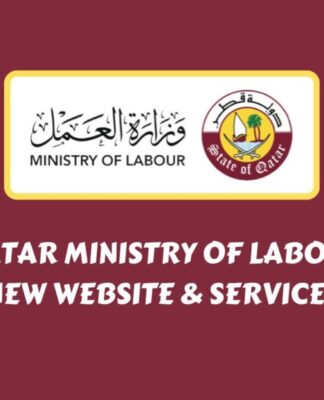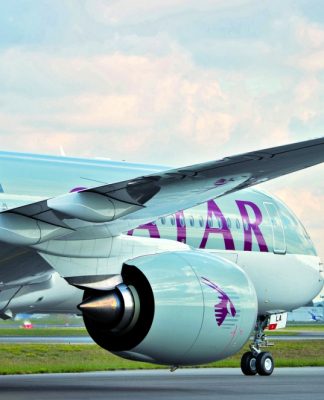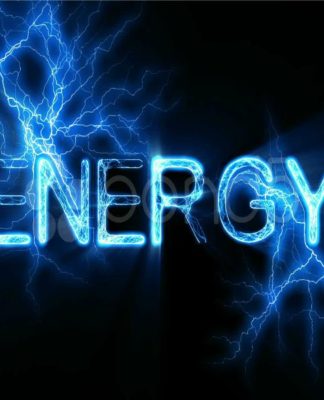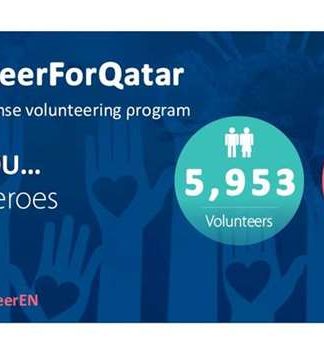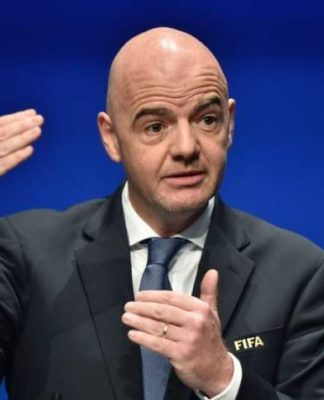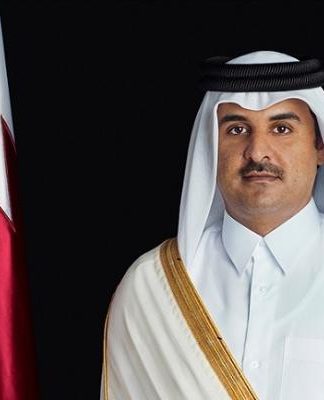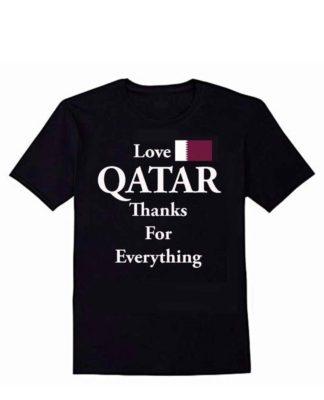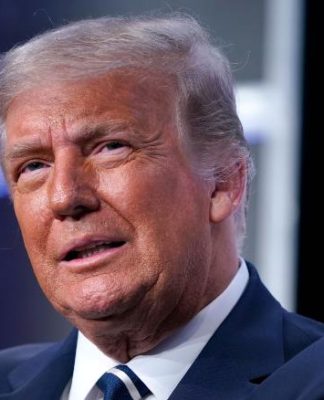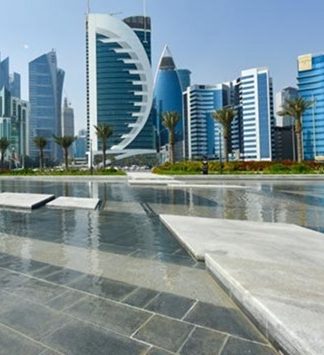Follow us: Facebook Twitter Whatsapp Telegram
A section of Iranian newspapers
KeywordsIranian nuclearIran nuclear dealIran
Ben Ali’s emotions
After the US President’s visit to the region and his touching on the nuclear agreement as one of the most important thorny issues to which urgent solutions must be found, interest has returned to reviving the Iranian nuclear agreement and the need to work towards a diplomatic solution and to spare the region further escalation. The Iran Daily reported that a phone call between His Excellency Sheikh Mohammed bin Abdulrahman Al Thani, Deputy Prime Minister, Minister of Foreign Affairs and Iranian Foreign Minister, Hussein Amir Abdullahian, discussed reviving the Joint Comprehensive Plan of Action. The Iranian Foreign Minister affirmed his country’s determination to reach a good, strong and sustainable agreement regarding the Iranian nuclear issue. He called on the United States of America to “abandon its additional demands and be realistic in order to reach an agreement.”
Diplomatic efforts
The Tehran Times said that the Iranian Foreign Minister confirmed that Tehran is moving forward with its plans to establish good relations with all countries, especially its neighbors. Amir Abdollahian commented on his Twitter account that the Islamic Republic is extending its hand to any positive effort being made. He added that Iran’s foreign policy attaches great importance to strengthening relations with its neighbors and that this goal is being achieved. Abdullahian said that Iran reiterates its position that the countries of the region must cooperate in a constructive and fruitful manner to achieve comprehensive economic growth, and that it is responsible for achieving security and stability in the region.
The report quoted Kamal Kharazi, head of the Strategic Council for Foreign Policies, as saying that Tehran is seeking to hold regional talks with the participation of important countries such as Qatar, Saudi Arabia, Turkey, Egypt and other countries. He pointed out that Qatar had made important proposals regarding conducting a dialogue among the countries of the region and that Tehran had expressed its full readiness in this regard. Kharazi also welcomed recent statements by officials in Riyadh to extend a hand of friendship to Iran, saying that Tehran is ready to enter into a dialogue with Saudi Arabia to restore relations to normal.
In this regard, Dr. Mehran Kamrava, professor of government affairs at Georgetown University, told the Tehran Times: “Both sides are trying to extract most concessions, but the Iranian and US negotiating teams are under severe political pressure at home and they have to reach an agreement that can somehow be promoted at home. ».
As for the latest round of nuclear talks between Iran and the United States in Doha and the Qatari role in advancing the negotiations, Kamrava explained that Doha is trying to mediate between Iran and the United States in various ways. Mediation is one of the main pillars of Qatar’s foreign policy, and whenever a dispute occurs, Qatar offers its good offices to mediate between the various parties. He explained that the conflict between Iran and the United States of course gives way to mediation, and Qatar is trying to play a mediating role between the two countries, explaining that Qatar has a special method of mediation, and Doha also wants to participate in setting the mediation agenda. But on the nuclear deal issue, Qatar simply offered to restart the talks to provide a forum for discussion rather than actively participating in setting the mediation agenda. In this regard, Qatar has offered a welcome alternative venue for indirect talks between Iran and the United States. Qatar’s participation is useful because everyone knows that Iran and the United States are in indirect negotiations through Qatar. In this regard, Qatar is simply offering its good offices as a venue for mediation.
Negotiations stalled negotiations
by diplomats from Iran, the United States and 5 other countries months ago, in the Austrian capital Vienna, on a deal to restore restrictions on Tehran’s nuclear program in exchange for the lifting of economic sanctions re-imposed by former US President Donald Trump, after Washington withdrew from the agreement, in May 2018. The US-Iranian indirect round of negotiations, which was held recently in the Qatari capital, Doha, concluded “without any progress.” Following the Doha negotiations, the United Nations’ International Atomic Energy Agency stated, on July 9, that Iran had increased the level of Uranium enrichment using advanced equipment at the underground Fordow facility, which can more easily switch between enrichment levels.
Robert Malley, the US special envoy to Iran, told CNN that the likelihood of reviving the 2015 Joint Comprehensive Plan of Action (the nuclear deal) on Iran’s nuclear program “is decreasing by the day.” “There is no set deadline by which Tehran must return to compliance with the nuclear deal, but the opportunity is fading very quickly and at some point, it will become clear to everyone that the agreement is no longer available,” Malley told CNN’s Sarah Seidner on Christian Amanpour’s programme.
The White House is working to revive the agreement that put significant limits on Iran’s nuclear program and eased harsh economic sanctions on Tehran, and the previous administration of Donald Trump abandoned the agreement. Mali said: “If Iran wants to return to the deal, there is a very easy way to do that and that is to agree to the terms that the European Union, not the United States, set. This is not an option that will be available forever.” When Mali was asked about a possible alliance between Tehran and Moscow, he said, “Iran has a choice now.”
In 2018, former US President Donald Trump withdrew from the Iran nuclear deal signed in 2015 with world powers, under which Iran limited its uranium enrichment activities in return for the easing of economic sanctions imposed on it. In response to Washington’s withdrawal and the reimposition of tough sanctions, Tehran began violating the nuclear restrictions imposed by the agreement. Iran says it only enriches uranium for civilian uses and has said it can stop its breach of the international agreement if the United States lifts sanctions and returns to the accord.














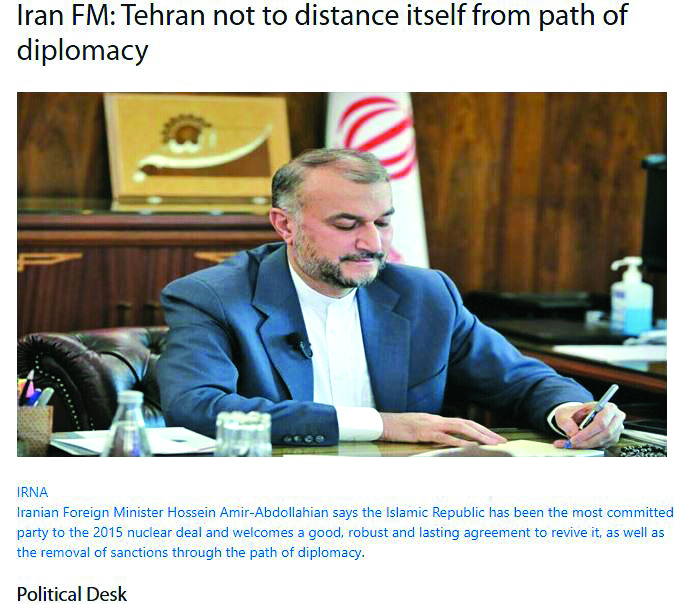

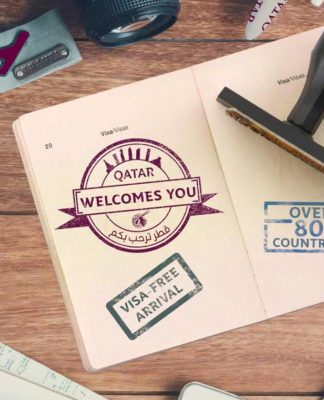
![Qatar Labor Law In 2020??? [UPDATES]](https://welcomeqatar.com/wp-content/uploads/2020/12/Qatar-Labor-Law-1-696x366-1-324x366.jpg)
